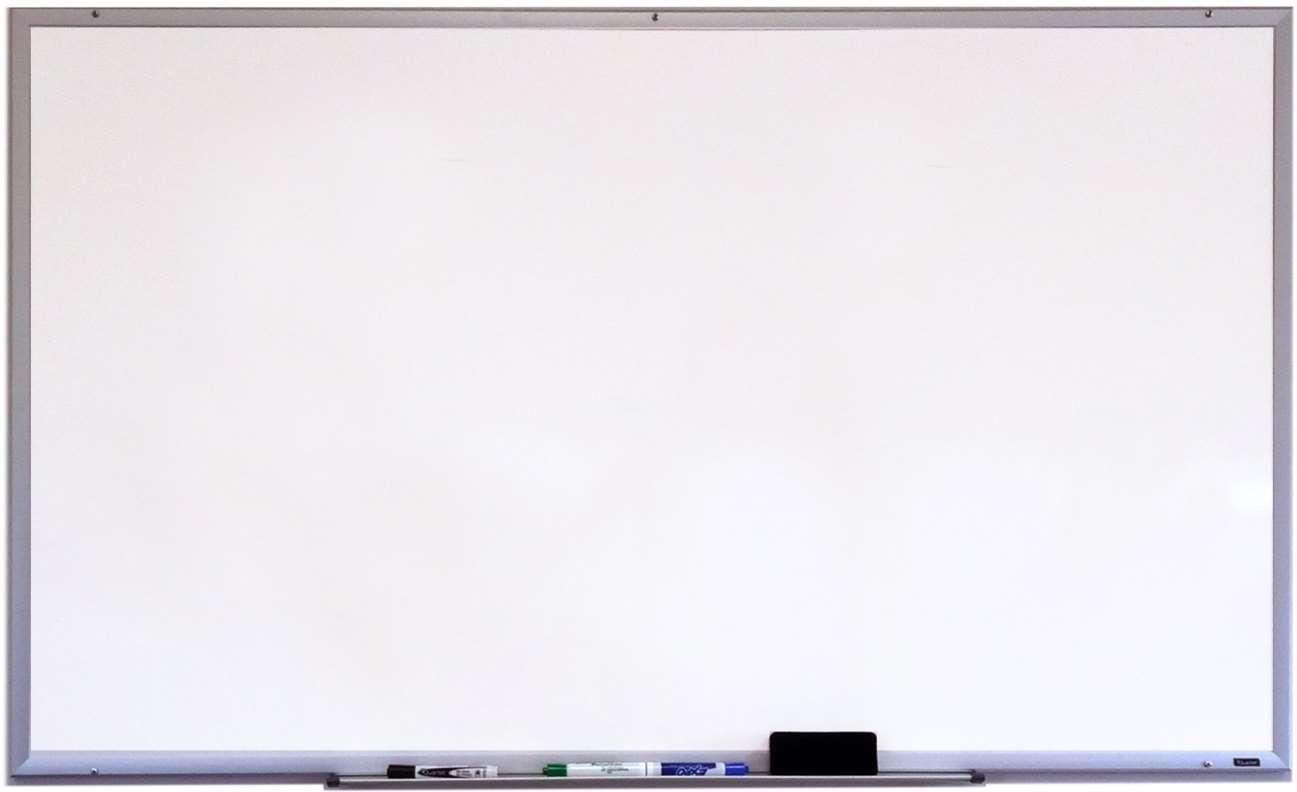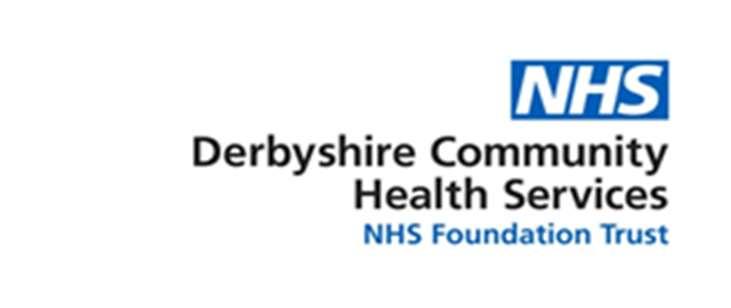
4 minute read
Message from the headteacher
You probably won’t remember my asking if anyone knew about ‘mindfulness’ or ‘awareness’ a few weeks ago. Well, as it happened I have had a series of meeting with parents, students and staff who responded. I’m more and more convinced that next year we should make an effort to build on strategies which evidence indicates might improve our students’ mental wellbeing. What was fascinating about the discussions was the amount going on with regards to mental health interventions. I have learnt about evidence regarding ‘awareness’ and yoga training, how national companies are rolling out mental health programmes for their employees and how a whole suite of strategies are being used by members of our own team to reduce the chances of a student becoming isolated through school refusal/phobia.
One of the most fascinating discussions was with a student who was working on ‘gradual exposure therapy’ with our family support manager (early help team). It was so interesting that I invited the family support manager to explain her work to the senior team on Monday. What interested me even further was the commonality between her techniques and those of the parents I spoke to last week who were awareness practitioners. And finally, I was fascinated by the way in which the family support manager seemed to blend compassion with (significant) robustness. Put simply she seems to have a good eye for when students need a stiff word and when they need supportive intervention. This is something that even the most experienced educators/parents/carers can find difficult.
Advertisement
As I write this I am in seclusion, supervising two students over lunchtime. When students are unkind or inconsiderate to others or they affect their peers’ chances of learning then we usually remind students of our expectations. If students don’t heed these reminders they will end up in seclusion which we feel is better than exclusion because at least they are safe, secure, in school and still learning. We used to have ‘carrels’ which separated students a bit and reduced the risk of them getting into further trouble. Recently we have abandoned these and simply use normal classroom desks. Senior and pastoral leaders check into seclusion regularly to spot any frequent visitors. Most leaders will ask students in there ‘what happened?’ Students divide into two categories. The first offers a lengthy explanation about how the whole thing was, basically, somebody else’s fault. The second usually starts a fairly short sentence with the words ‘Because I…’. The latter category, we notice, is far less likely to visit regularly because they understand that they have control over their own destiny. The first category are our real focus because they have not yet understood their own power in shaping their experience of the school/world.
Obviously, seclusion itself, like any other consequence, is unlikely to stop a child behaving unwisely and we have a range of strategies available to those who struggle with behaviour. Seclusion is just a way in which we can temporarily reduce the impact on other children and staff of behaviour which affects the happiness, wellbeing and learning of others.
And now I will break off for a moment to go and speak to the student in the corridor who has been singing Silent Night on a loop (in a weird falsetto) for the last five minutes…
In lessons this week I watched a brilliant scene unfold when an A level student took on his teacher in an English language lesson. The student accused the teacher of ‘jumping the gun’ when he moved to discuss more contemporary theorists before considering the influence of Aristotle. Like me, this teacher (thankfully) revelled in an intellectual challenge coming from a student and so the debate kicked off. When I left, the teacher was winning on points, but the student had far from given up and was getting some good support from his peers.
And this was the view from early morning bus duty on Thursday…
Student Bulletin Issue 20: 7 February 2020
Week commencing Monday 14 February 2020 Year 11 engineering controlled assessments during lessons until February half term. Year 11 art/photography exam preparation in lessons until 20 March 2020 Year 11 MFL GCSE mock orals A level art/textiles exam preparation in lessons from 4 February – 1 May 2020
Monday 8.40am – Year 7 assembly
Tuesday 8.40am – Year 8 assembly 8.40am – Sixth form assembly 4-7pm – Year 8 parent consultation evening (Lumsdale)

Wednesday 8.40am – Year 11 assembly Year 8 students – Waste Watchers (full day)
Thursday 8.40am – Year 10 assembly 7pm Highfields Got Talent (Starkholmes)
Friday 8.40am – Year 9 assembly Ski trip students depart for Davos
See extra-curricular clubs section for lunch and after school activities






